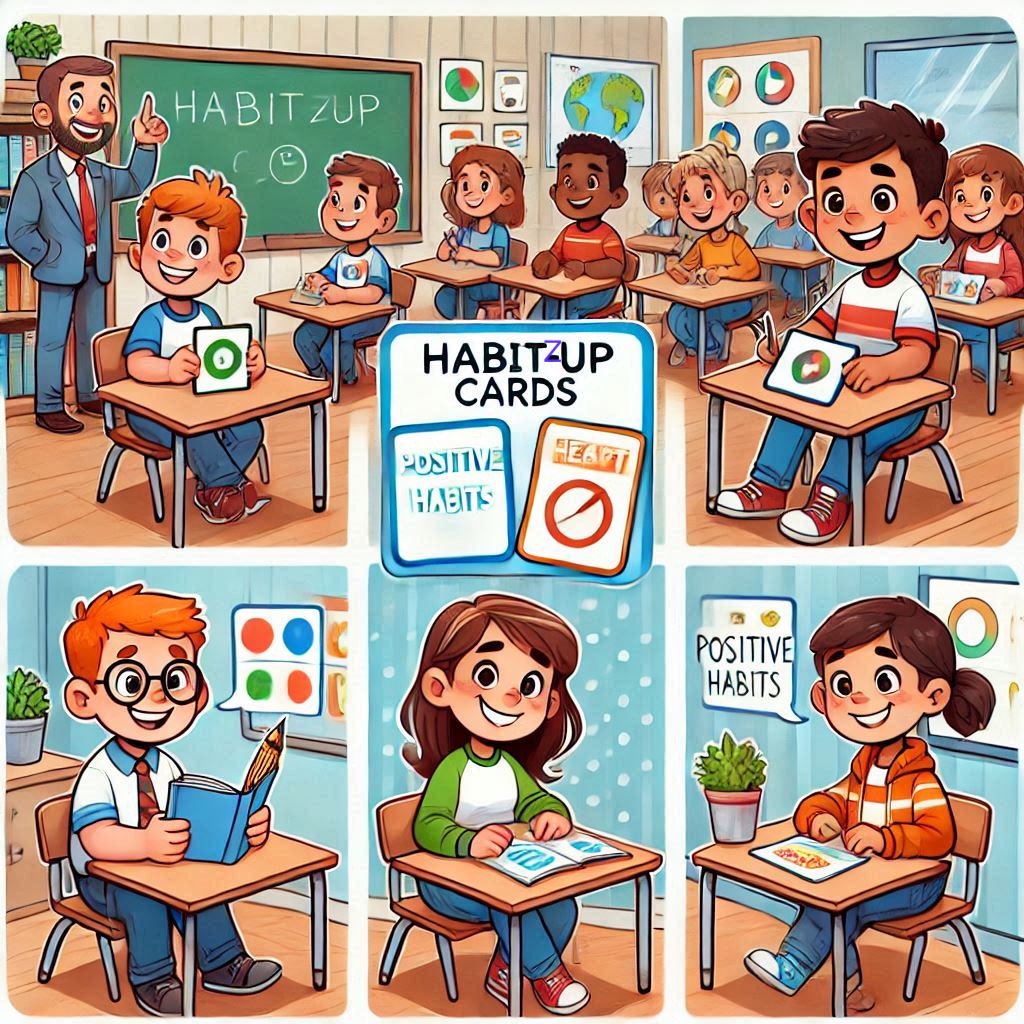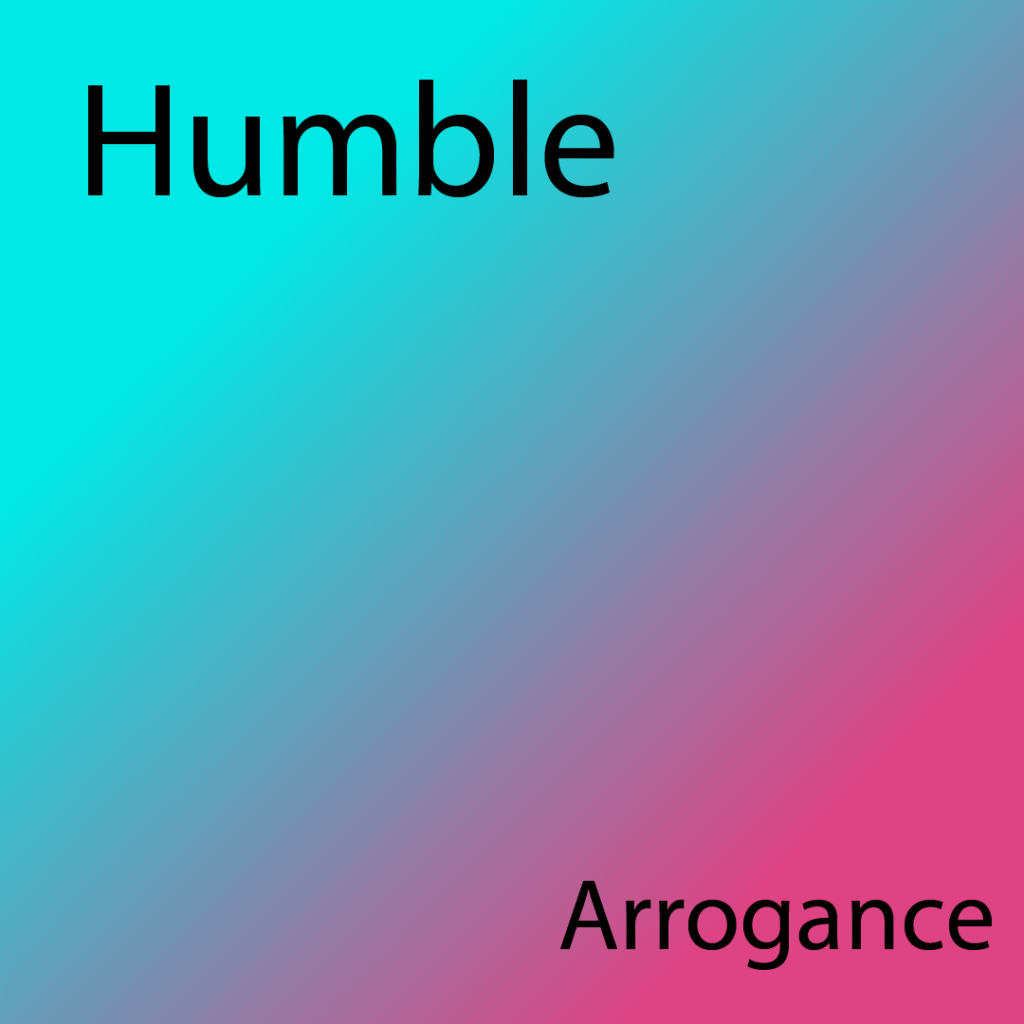Here are seven ways schools and teachers can use HabitZup to benefit students and promote positive habits:
1. Classroom Activities for Building Character
- Teachers can use HabitZup cards during character-building sessions to teach students good habits, like teamwork, kindness, and self-discipline.
- Students can draw cards and discuss how to implement those habits in real-life scenarios, fostering group interaction and moral reasoning.
2. Incorporating HabitZup into Life Skills Curriculum
- Schools can integrate HabitZup into life skills or value education periods.
- Weekly Habit Challenges can be assigned, where students pick a habit card and practice it for the week, reflecting on their progress during the next session.
3. Family Engagement Through HabitZup
- Teachers can encourage students to take HabitZup cards home and play with their families.
- This strengthens family bonds and reinforces the values learned in school, creating a partnership between home and school.
4. Reward System for Positive Behavior
- Teachers can use HabitZup cards as a reward system for positive behavior in the classroom.
- For example, students who exhibit kindness, punctuality, or responsibility can earn HabitZup cards and share how they applied the habit.
5. Group Activities to Enhance Collaboration
- HabitZup can be used for group games during free periods or extracurricular sessions.
- Teachers can organize small competitions where groups work together to complete challenges from the cards, promoting collaboration and analytical thinking.
6. Mindfulness and Reflection Exercises
- Teachers can dedicate a few minutes during the day for mindfulness activities using HabitZup.
- Students can pick a card related to self-awareness or positive affirmations, reflect on its meaning, and journal how they can incorporate it into their lives.
- This can be part of a “calm time” activity to help students focus and manage stress.
7. Counseling and Emotional Support Sessions
- School counselors can use HabitZup cards during one-on-one or group counseling sessions to address specific challenges like overcoming negative habits or improving self-esteem.
- Cards can serve as prompts to discuss personal struggles in a non-threatening and engaging way, making it easier for students to open up and work towards solutions.





